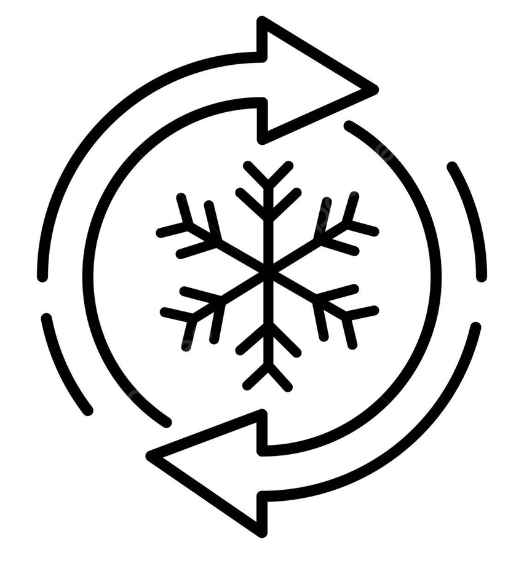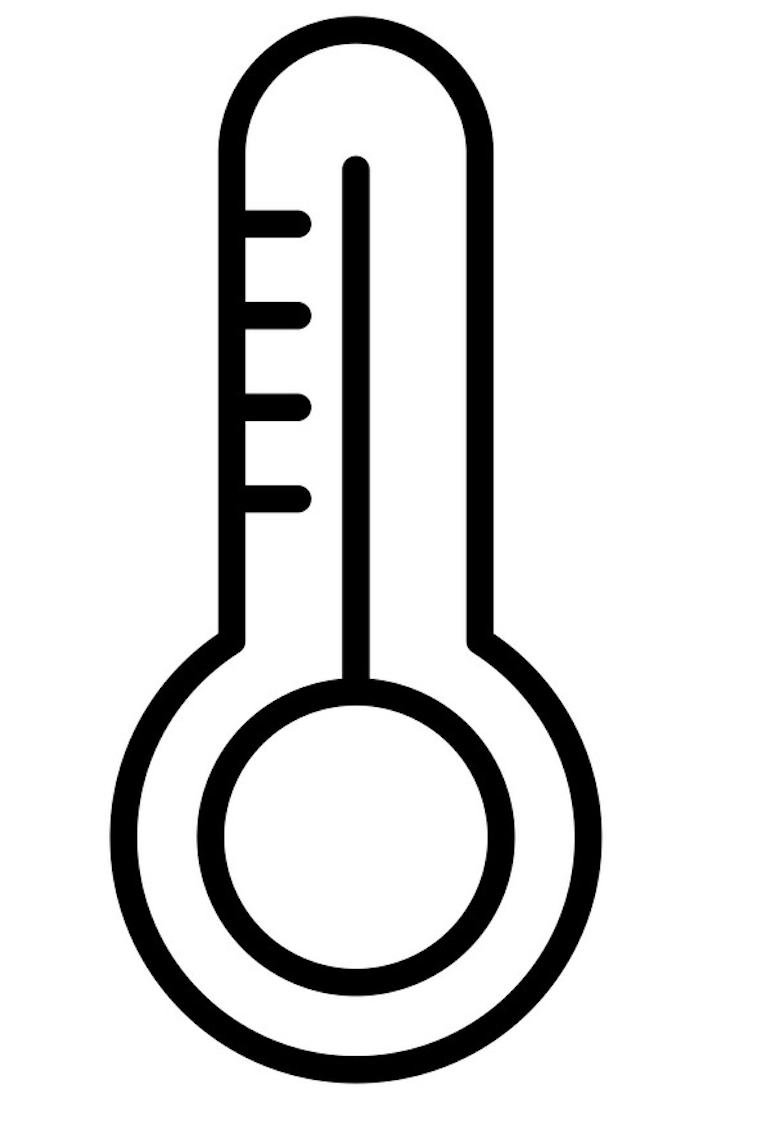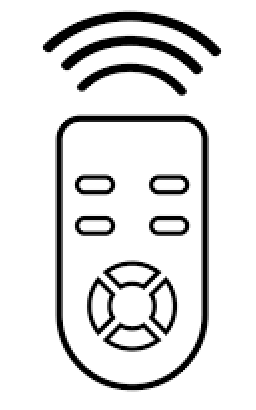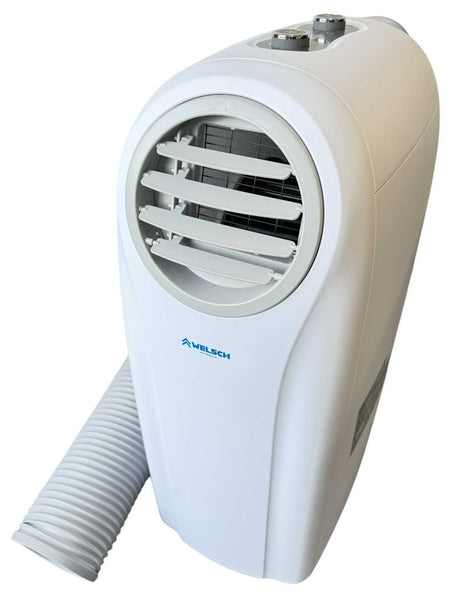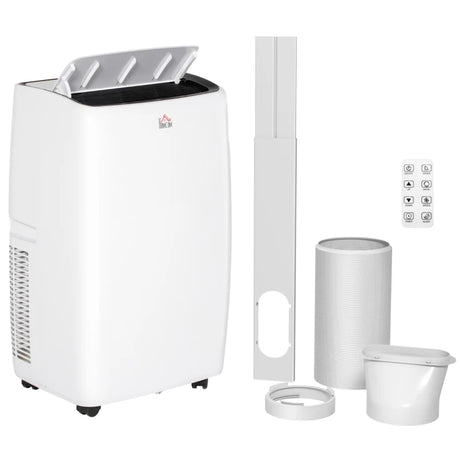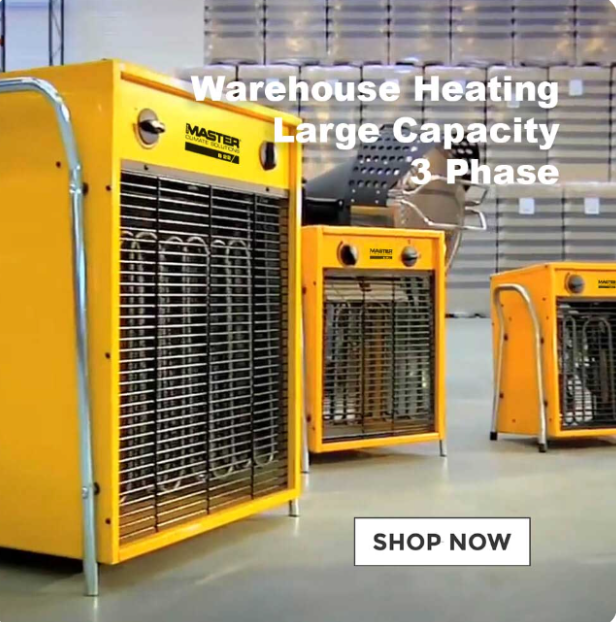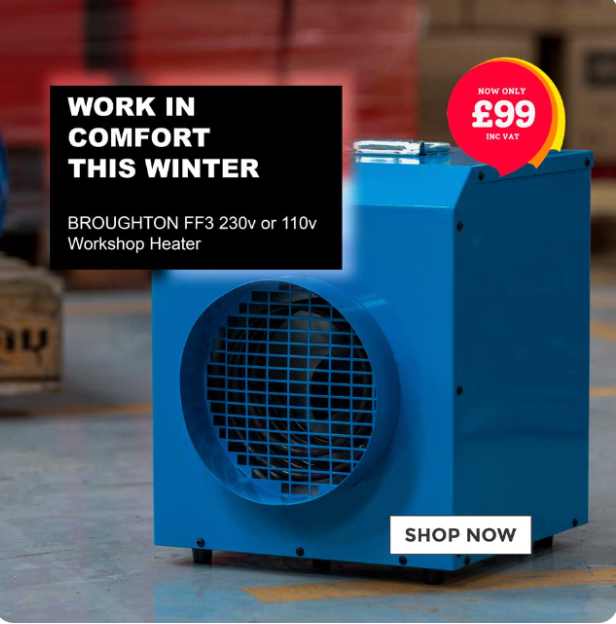When choosing a domestic portable air conditioner, ensure its cooling capacity, measured in BTUs, aligns with the room size. A model with the right BTU rating will effectively cool the intended space without overworking the unit.
For small rooms, lower BTUs provide sufficient cooling, while larger spaces require higher BTUs to maintain comfort.
Selecting the appropriate capacity prevents energy waste and ensures consistent cooling. This balance enhances efficiency and prolongs the unit's lifespan.

